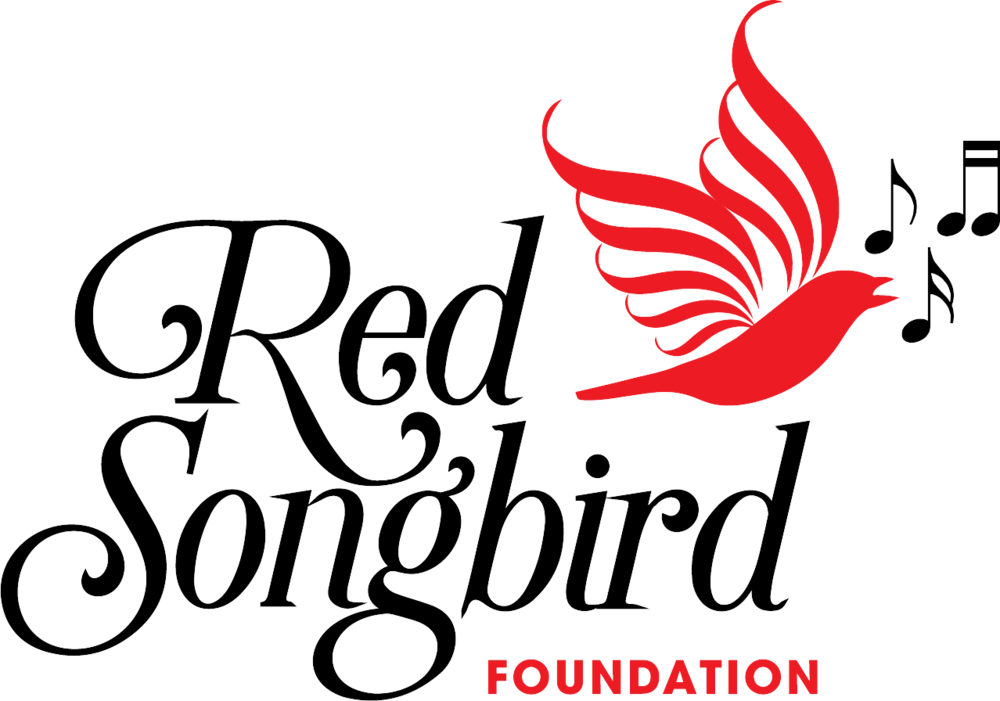The Benefits of Individualized Treatment
The Benefits of Individualized Treatment
By Jaana Woodbury, CADC-I, CCAR
What is Individualized Treatment?
Individualized addiction treatment is an approach to substance use and mental health disorders that focuses on specializing care to the needs of the client. Individualized addiction treatment is a more comprehensive way to make sure someone in recovery is getting the support they need.
Different methods of treatment can have many different results. While some people may require medication-assisted treatment to get clean, others may want to avoid any new medications or drugs. Many people thrive on the support and shared experiences seen in group therapy, while many others prefer the privacy of one-on-one therapy.
By using an individualized addiction treatment plan, an individual is much more likely to find a process that works for them. A large part of building an individualized plan for recovery is to examine the evidence of previous treatment. It may take time to find what works best for each person and it is important to try different approaches and see how the person in recovery reacts to them.
While detox may be focused on during the start of recovery more than anything else, it is equally important to establish a continuous plan of treatment. Even after a successful detox program, someone in recovery will face obstacles and potential triggers that could lead to relapse. By using an individualized addiction treatment, a person in recovery will be better able to handle these incidents in healthier ways.
One-On-One Counseling
In a one-on-one counseling setting, professionals are better able to focus on the needs of the individual and utilize approaches that work best for them. Some people in recovery may prefer the community of support built-in group therapy sessions. However, sometimes a lot more can be accomplished with individual therapy a couple times a week.
One helpful method of one-on-one therapy often used for those suffering from addiction disorders is cognitive behavior therapy. Cognitive behavior therapy, or CBT, is a method of talk therapy that focuses on reframing negative thoughts to promote healthier behavior. CBT can help people handle triggering events in their lives and promote long-term sobriety.
During a CBT session, a therapist will help the client analyze previous tendencies to change the perception of events. Ideally, negative thoughts and emotions that have occurred in the past during triggering events can reexamine and explore to the point that the same events will trigger healthier behaviors when they reoccur.
Doing the Inner Work
While recovery is a process that can vary depending on the individual, it is important for anyone in recovery to not only seek help for their addiction, but also for the underlying causes of it. According to DHCS.org, the 19 million people in the United States that suffer from addiction, 8.5 million people simultaneously suffer from mental illness. There is almost always root cause at the center of most addiction disorders. Individualized treatment is an important part of substance use disorder and mental health treatment plans. Addiction often begins from the use of substances to self-medicate for either a diagnosed or an undiagnosed mental health disorder.
The most important step towards recovery is always to seek help. Addiction can be painful to face and nearly impossible for some to handle alone. By speaking to medical professionals or mental health experts you greatly increase your chances of finding long-term recovery.
-Jaana Woodbury
Published April 18, 2022

